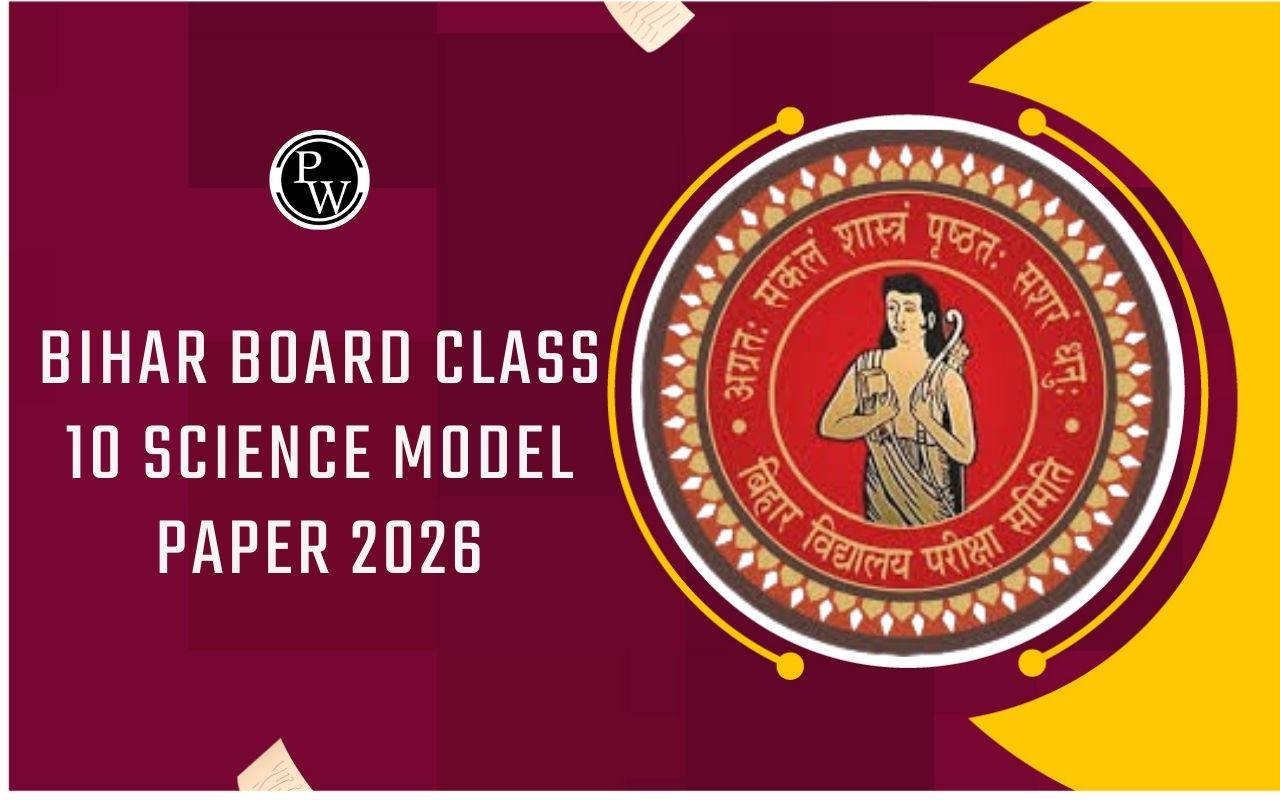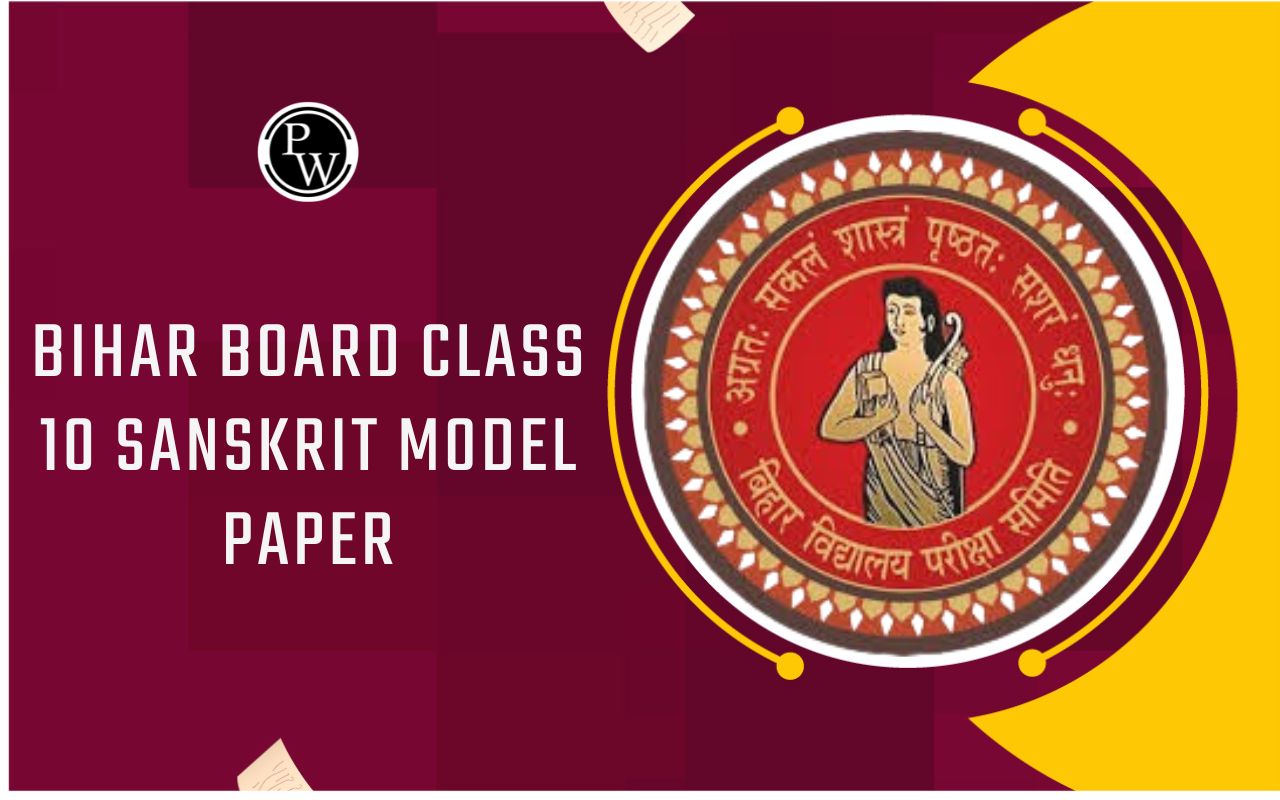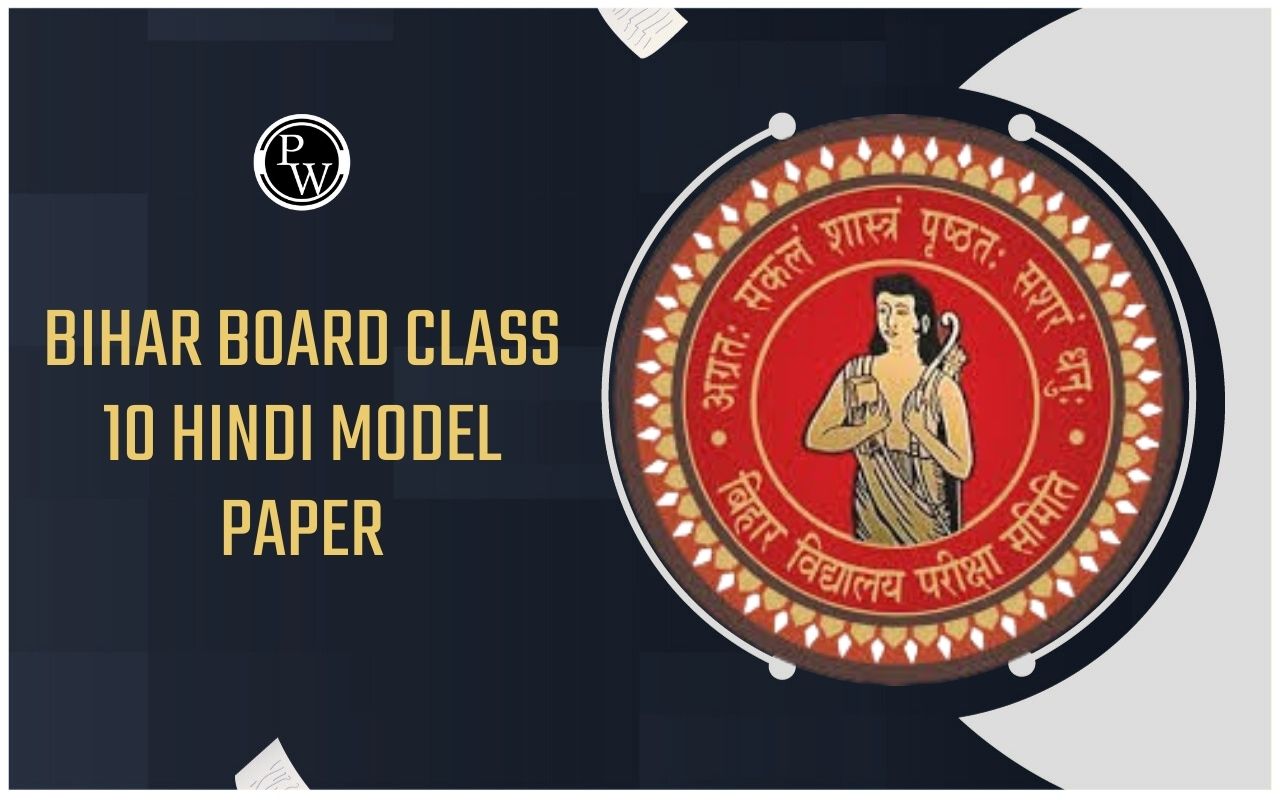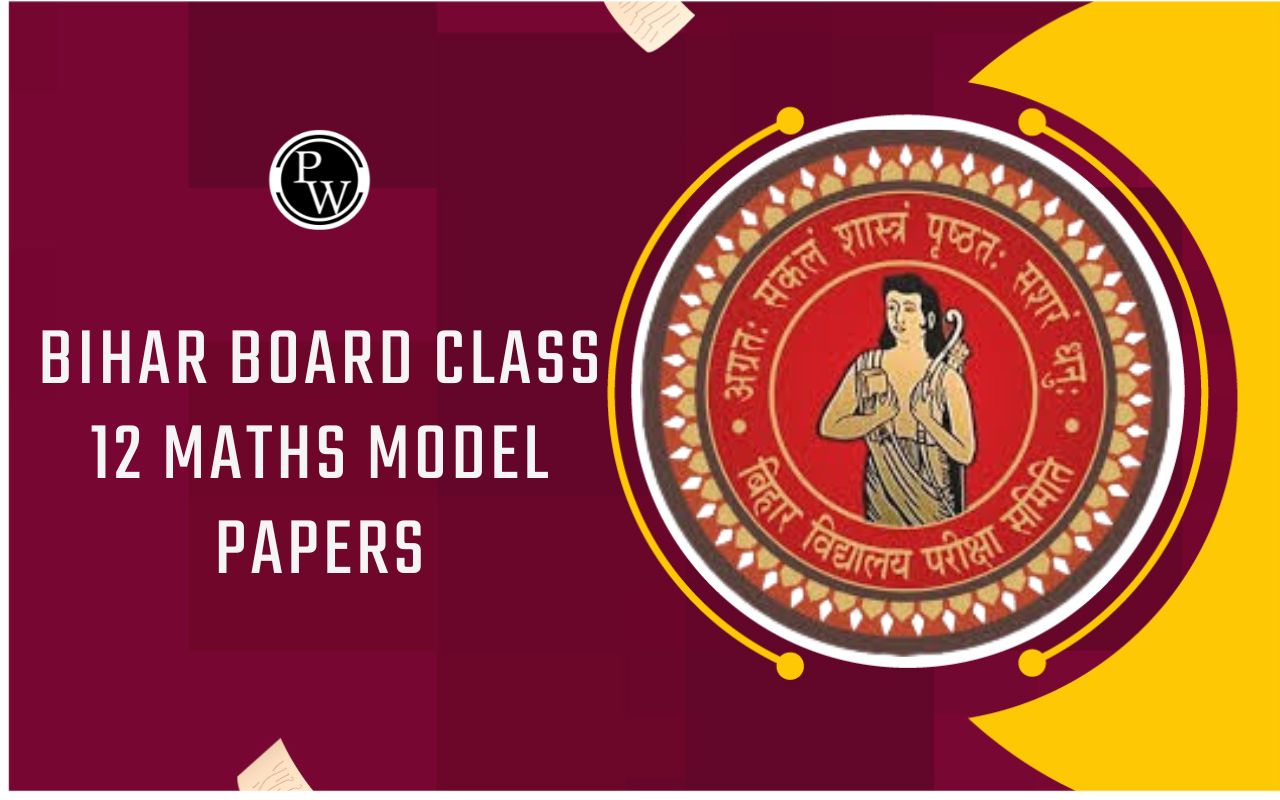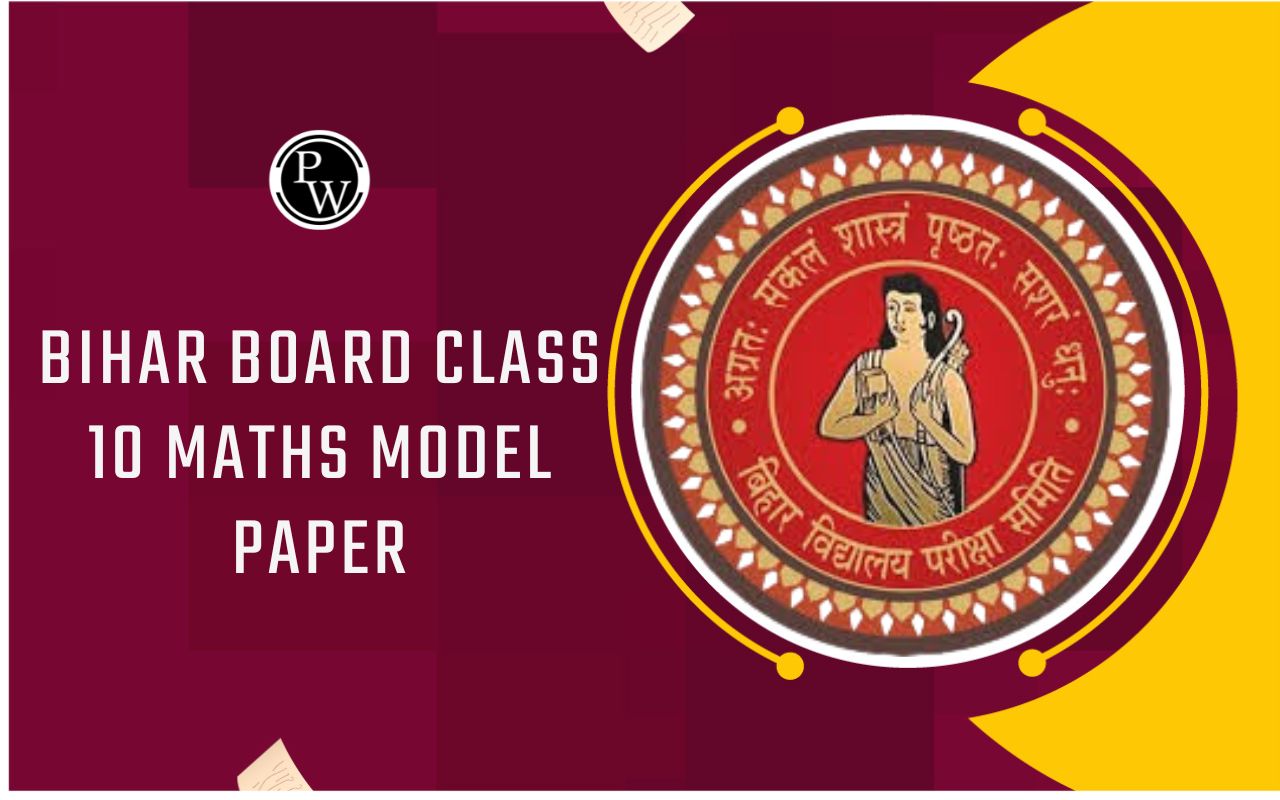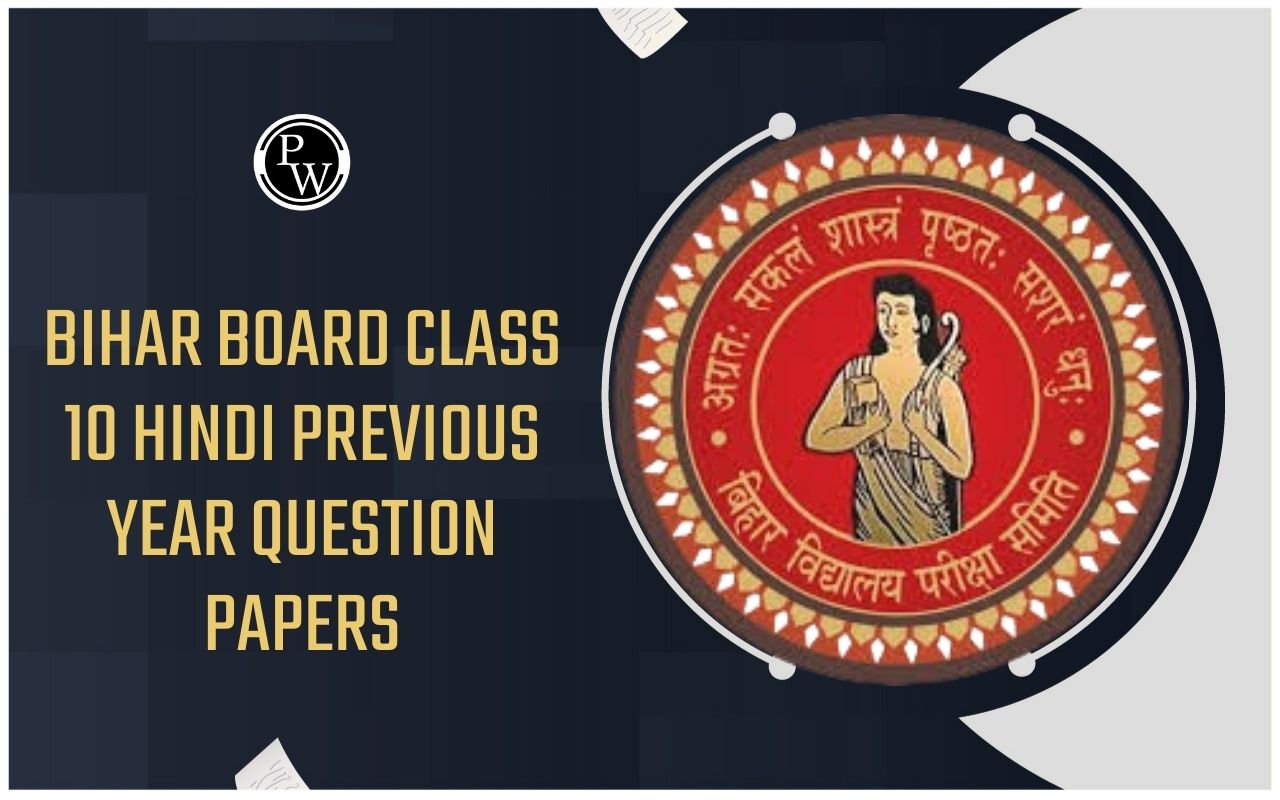
Bihar Board Class 10 Social Science Syllabus: The Bihar Board Class 10 Social Science syllabus is designed to provide students with a comprehensive understanding of history, geography, political science, and economics.
The history section covers important events like the French Revolution, National Movement, and India's struggle for independence. Geography focuses on physical features, resources, and environmental concerns. Political Science covers governance, democracy, and political institutions, while Economics includes concepts like money, income, and poverty. Below, we have provided the detailed Bihar Board Class 10 syllabus for each subject, ensuring that students are well-prepared for their exams.
Bihar Board Class 10 Social Science Syllabus
Check below for the Bihar Board Class 10 Social Science syllabus, which includes a comprehensive outline of topics designed to help students prepare for their exams. The syllabus covers History, Geography, Political Science, and Economics, ensuring a well-rounded understanding of these core subjects. Students are encouraged to focus on each section, reviewing key concepts and practicing sample questions to enhance their knowledge and exam performance.
|
Part |
Section/Chapter |
Chapter Name |
|
History: History and Contemporary World II |
Section I |
Events and Processes |
|
Chapter 1 |
The Rise of Nationalism in Europe |
|
|
Chapter 2 |
Nationalism in India |
|
|
Chapter 3 |
The Nationalist Movement in Indo-China |
|
|
Section II |
Livelihoods, Economies, and Societies |
|
|
Chapter 4 |
The Making of a Global World |
|
|
Chapter 5 |
Cities in the Contemporary World |
|
|
Chapter 6 |
The Age of Industrialisation |
|
|
Section III |
Everyday Life, Culture and Politics |
|
|
Chapter 7 |
Society and History |
|
|
Chapter 8 |
Print Culture and the Modern World |
|
|
Chapter 9 |
Novels |
|
|
Geography: Contemporary India – II |
Chapter 1 |
Resources and Development |
|
Chapter 2 |
Forest and Wildlife Resources |
|
|
Chapter 3 |
Water Resources |
|
|
Chapter 4 |
Agriculture |
|
|
Chapter 5 |
Minerals and Energy Resources |
|
|
Chapter 6 |
Manufacturing Industries |
|
|
Chapter 7 |
Lifelines of the National Economy |
|
|
Civics: Democratic Politics II |
Unit I |
|
|
Chapter 1 |
Power-Sharing |
|
|
Chapter 2 |
Federalism |
|
|
Unit II |
||
|
Chapter 3 |
Democracy and Diversity |
|
|
Chapter 4 |
Gender, Religion and Caste |
|
|
Unit III |
||
|
Chapter 5 |
Popular Struggles and Movements |
|
|
Chapter 6 |
Political Parties |
|
|
Unit IV |
||
|
Chapter 7 |
Outcomes of Democracy |
|
|
Chapter 8 |
Challenges to Democracy |
|
|
Economics: Understanding Economic Development |
Chapter 1 |
Indian Economy and Its Development |
|
Chapter 2 |
Sectors of the Indian Economy |
|
|
Chapter 3 |
Money and Credit |
|
|
Chapter 4 |
Globalisation and the Indian Economy |
|
|
Chapter 5 |
Consumer Rights |
|
|
Disaster Management |
- |
- |
Bihar Board Class 10 Social Science Syllabus PDF
Below we have provided the PDF of the Bihar Board Class 10 Social Science syllabus. It includes all the important topics and chapters students need to study for the academic year. This syllabus will help students plan their preparation effectively. Click the link below to download the complete syllabus in PDF format for easy access and reference.
Bihar Board Class 10 Social Science Syllabus PDF
Bihar Board Class 10 Social Science Marks Distribution
The marks distribution for the Bihar Board Class 10 Social Science exam is carefully structured to assess various aspects of the subject. It includes topics related to History, Geography, Civics, and Economics, ensuring a balanced evaluation.
To understand the exact allocation of marks across these topics and units, check the table below for a detailed breakdown. This will give you a clear idea of the exam pattern and preparation focus.
|
Section |
Marks |
|
The World of History |
20 |
|
India: Land and People |
20 |
|
Democaratic Politics |
17 |
|
Our Economy |
17 |
|
Disaster Management |
06 |
|
Total (Theory) |
80 |
|
Providing Functional Literacy to 10 Illiterate Adults |
10 |
|
Project Work |
10 |
|
TOTAL |
100 |
Steps to Download Bihar Board Class 10 Social Science Syllabus
To download the Bihar Board Class 10 Social Science syllabus, follow these steps:
-
Visit the Official Bihar Board Website: Go to the official Bihar School Examination Board (BSEB) website: https://biharboardonline.bihar.gov.in.
-
Navigate to the "Syllabus" Section: On the homepage, look for the "Syllabus" link, usually found under the "Academic" or "Examination" tab.
-
Select Class 10: Choose Class 10 from the list of available options.
-
Choose the Subject: Click on "Social Science" from the list of subjects available for Class 10.
-
Download the Syllabus: A PDF file of the Social Science syllabus will open. Click on the download icon to save it to your device.
-
Print (Optional): You can also print the syllabus for reference by selecting the print option.
Bihar Board 10th Social Science Passing Marks
Check below for the passing marks details for Bihar Board 10th Social Science exam.
This includes both theory and practical components. It is essential to prepare thoroughly and meet the required passing criteria to ensure success in the exam.
|
Total Marks |
Theory Part |
Practical/Internal Assessment |
|||
|
Maximum Marks |
Pass Marks |
Maximum Marks |
Pass Marks |
Maximum Marks |
Pass Marks |
|
100 |
40 |
80 |
28 |
20 |
12 |
Preparation Tips for Bihar Board Class 10 Social Science Exam 2025
Here are some preparation tips for the Bihar Board Class 10 Social Science Exam 2025:
-
Understand the Syllabus: Thoroughly review the syllabus and focus on important topics in History, Geography, Political Science, and Economics. Divide the syllabus into manageable sections and plan your study schedule accordingly.
-
Make a Study Plan: Allocate time for each subject daily. Prioritize topics based on their weightage and difficulty. Set achievable daily and weekly goals to stay on track.
-
Focus on NCERT Books: The Bihar Board exam follows the NCERT curriculum. Make sure to read and understand each chapter from the NCERT books, as they cover the most relevant content for the exam.
-
Practice with Previous Year Papers: Solve past years' question papers to get familiar with the exam pattern, types of questions, and important topics. This will also help in managing time during the exam.
-
Take Short Notes: Make concise notes of important facts, definitions, and events. These notes will be helpful during revision, especially for subjects like History and Political Science.
-
Focus on Map Work (Geography): Ensure that you practice map work, as this is a crucial part of the Geography paper. Learn the locations of important physical features, cities, and countries.
Bihar Board Class 10 Social Science Syllabus FAQs
What subjects are included in the Bihar Board Class 10 Social Science syllabus?
How is the Social Science exam divided?
What is the passing percentage for Social Science in Class 10?
Is map work included in the syllabus?



